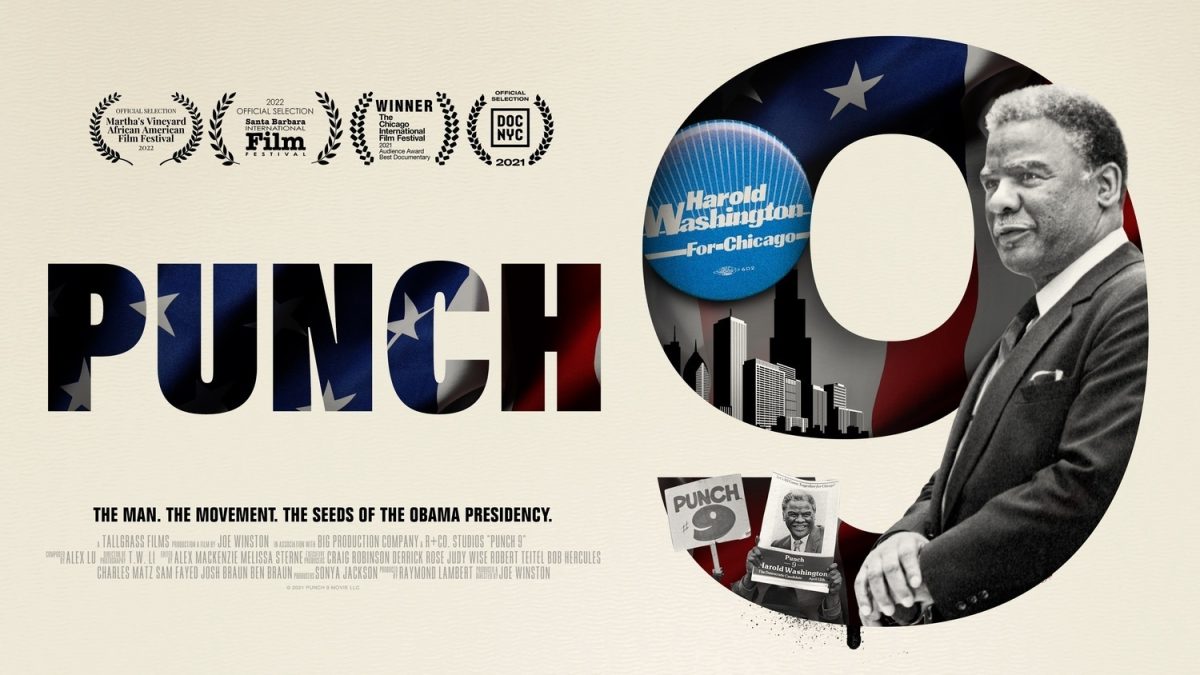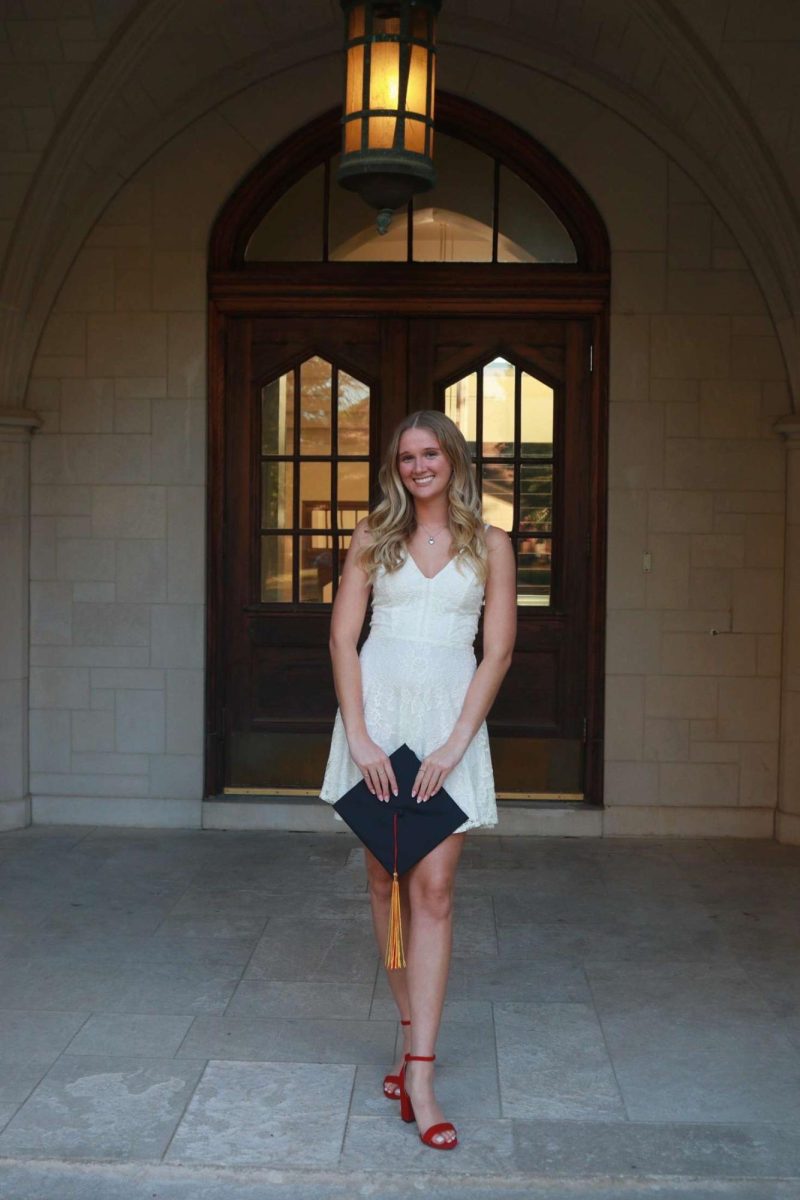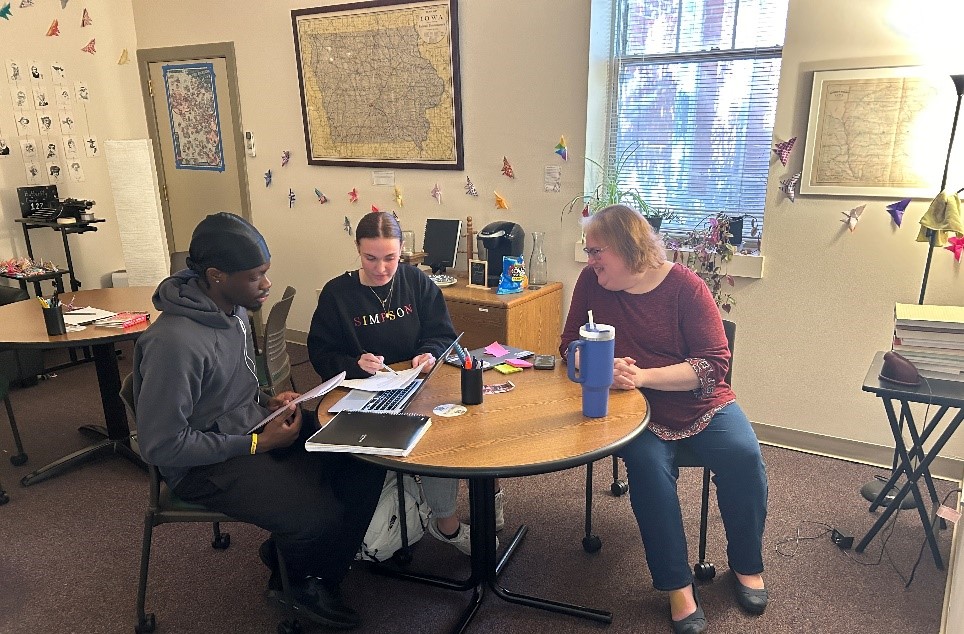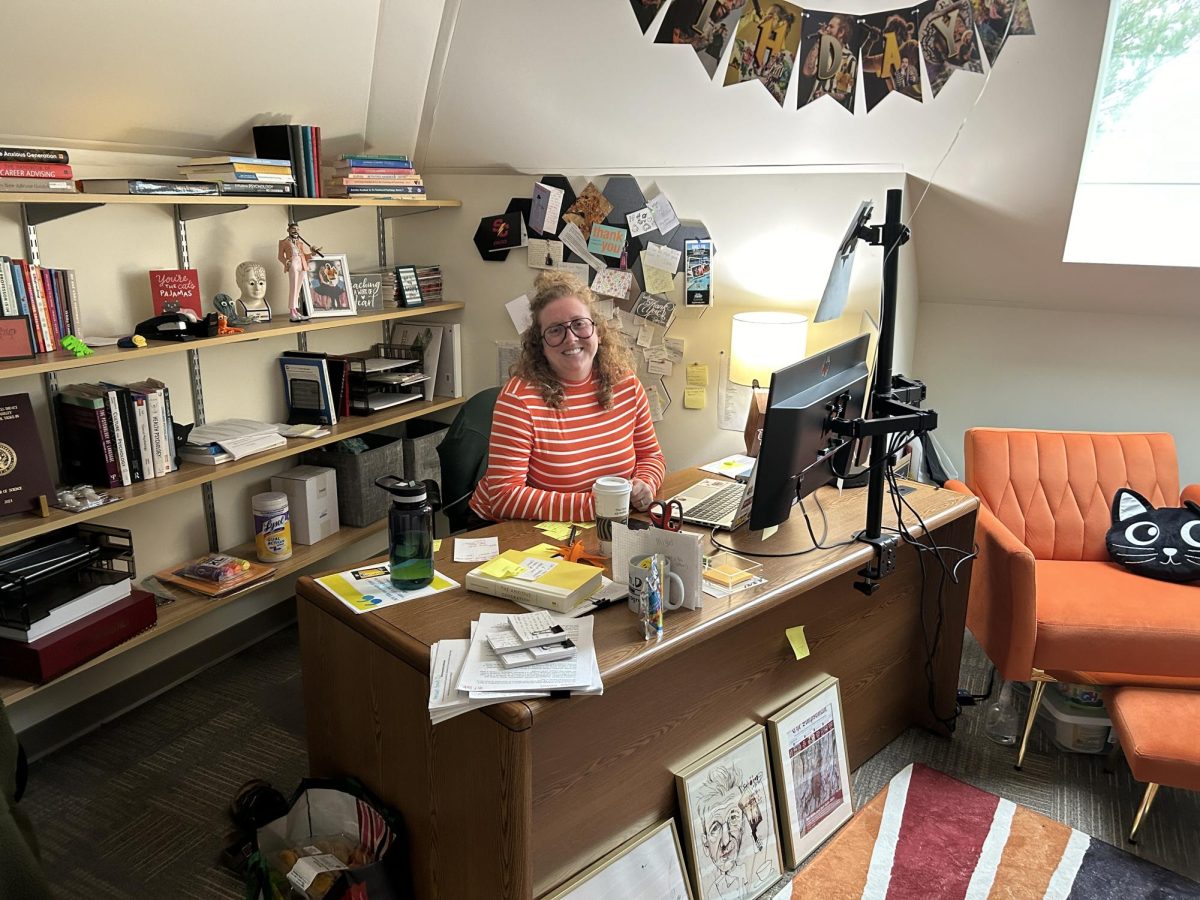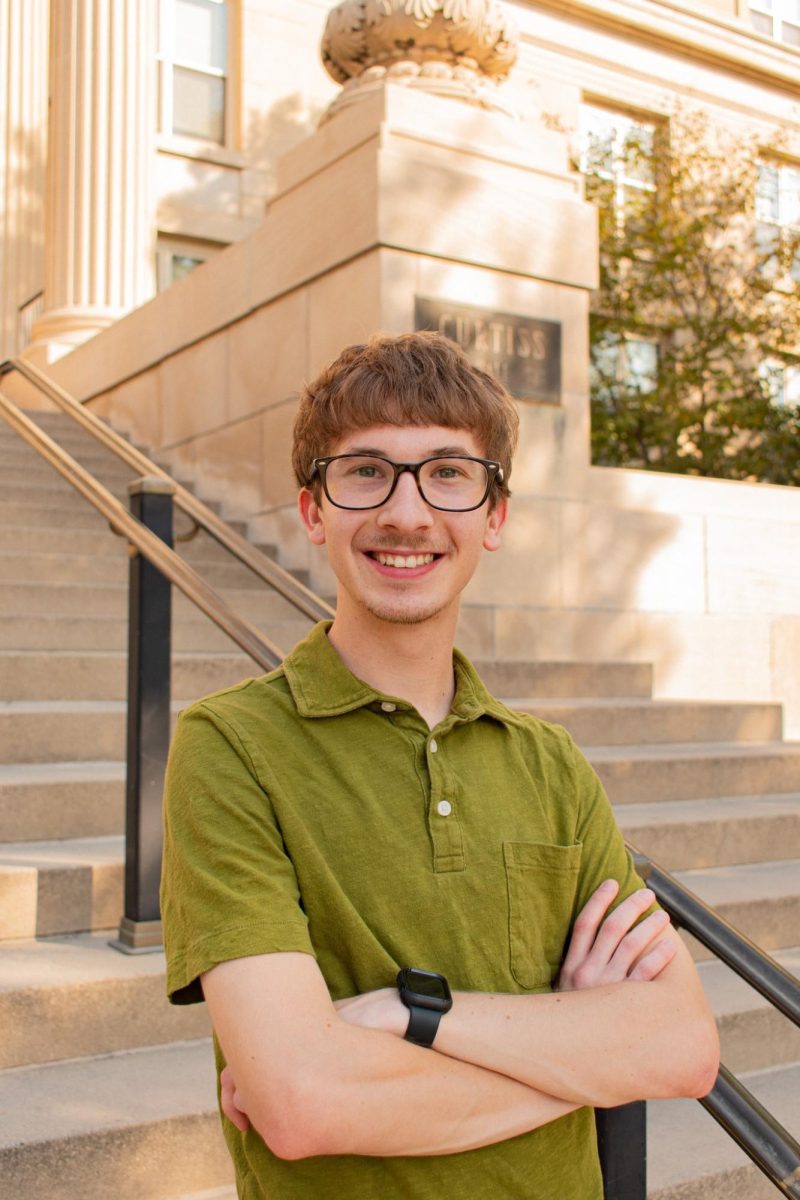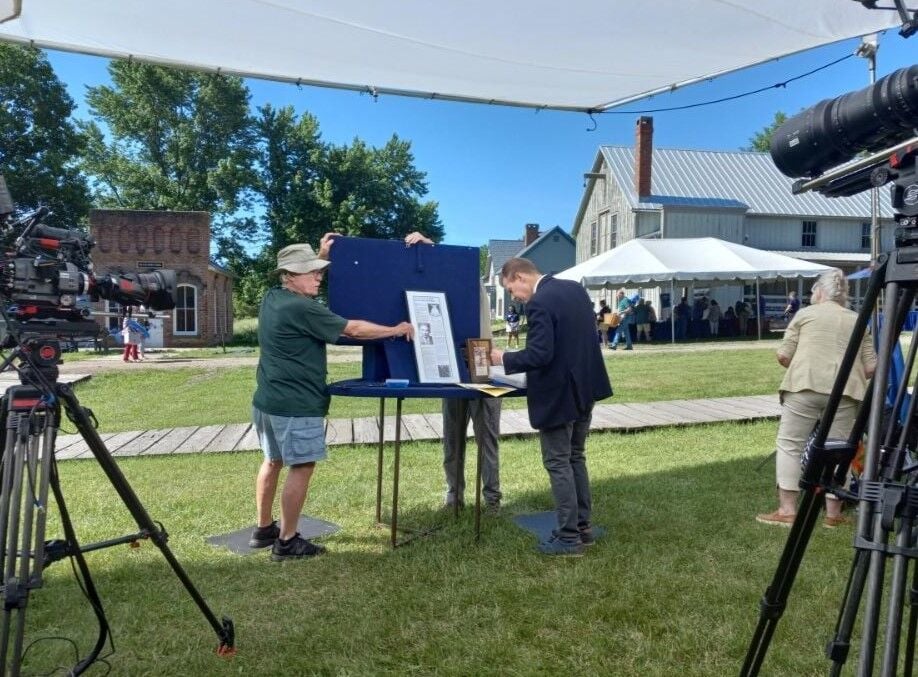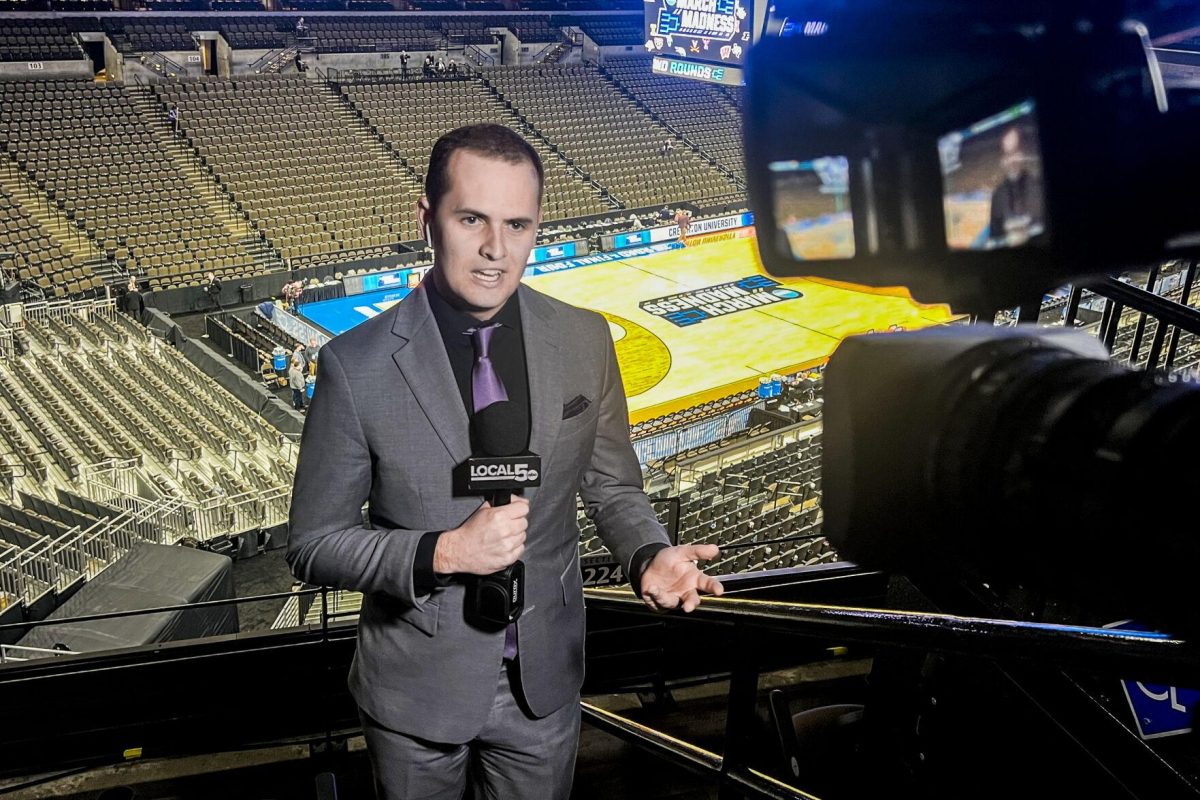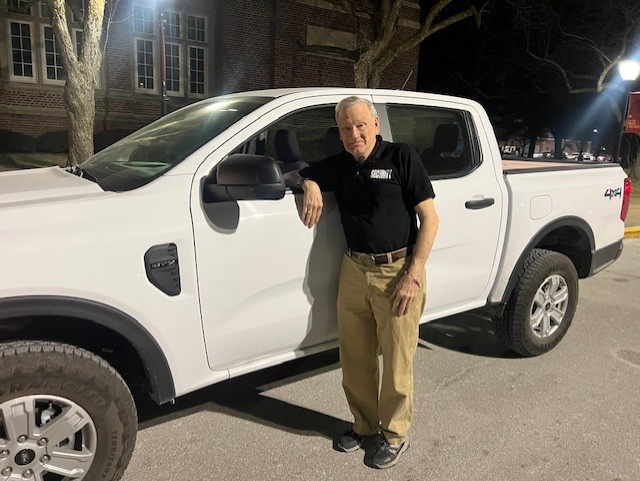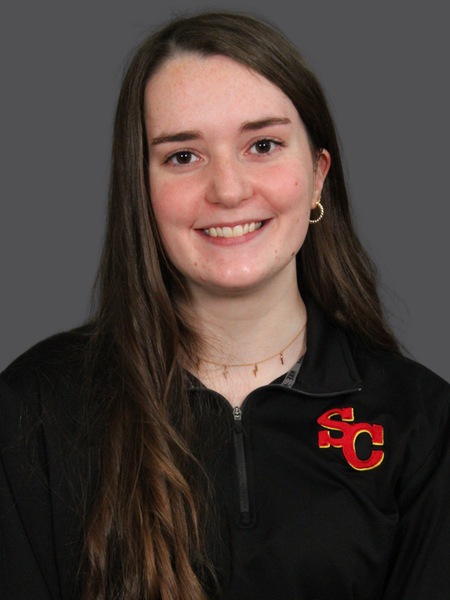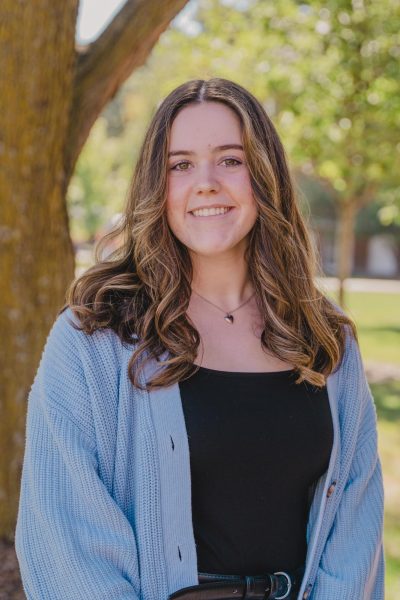An exclusive screening and Q&A of the documentary “Punch 9 for Harold Washington” will be held at 6 p.m. on Feb. 13 in Black Box Theatre in Kent Campus Center. Students are encouraged to participate in this significant opportunity.
Harold Washington was Chicago’s first Black mayor who challenged the political norms of the time. He recognized injustice in a city with corruption and discrimination and fought for equality. Washington’s political movement even inspired young Obama.
“President Obama followed in his footsteps in terms of coalition building and getting groups that had been marginalized or disenfranchised to work together for democracy,” senior producer Sonya Jackson said.
The film largely focuses on the 1983 Chicago mayoral campaign with background on Mayor Washington and Chicago’s political history, as well as what he did in Congress before he ran for mayor.
“A lot of the film focuses on the ways in which race played a huge role in that election and how the white political establishment did everything they could to try to defeat Harold Washington,” said Seth Andersen, Culver Center Executive Director.
Washington is a hugely influential figure and is important to Black history. There’s a lot to learn from the film about the Black experience in Midwest Chicago and the relationship with the dominant white political culture.
“I knew that I wanted to tell stories about people who look like me whose stories often aren’t told,” Jackson said.
Jackson spent several years working with others to create this film. She used hundreds of hours of archival footage and 50-plus interviews of people who were directly involved with Washington.
“From a producer’s perspective, my job is to find parts of the story that haven’t been uncovered yet,” Jackson said.
Jackson worked with the Chicago History Museum and their archives. She also found many media archives in the Museum of Broadcast Communications in Chicago.
The documentary run time is around an hour and a half. Jackson will be leading a Q&A afterward to answer questions about the film and its history.
“I hope that people see how history can repeat itself,” Jackson said. “I hope that people recognize that every generation has to fight for democracy.”
The film has a lot of support from those who’ve seen it, but it has never been streamed. The producers distributed the film with AMC theatres, which had a program where they screened in certain cities.
“The only time people can see it is if we do something like what we’re doing at Simpson,” Jackson said.
Anderson saw the film when it was originally screened in the fall of 2022 with its short theatrical run in 10-15 cities around the country. Des Moines was one of them because Jackson grew up there and moved back after living in Chicago.
By telling stories that aren’t often told, students may have an enhanced appreciation for the importance of Washington as a developmental political figure in this country. He had his hand in considerable things that created change in America through politics.
“Harold Washington represented a huge departure from the way politics had been done in Chicago for decades,” Andersen said. “His example of how he won that election and how he governed helped to usher in an era of increased Black political power.”



